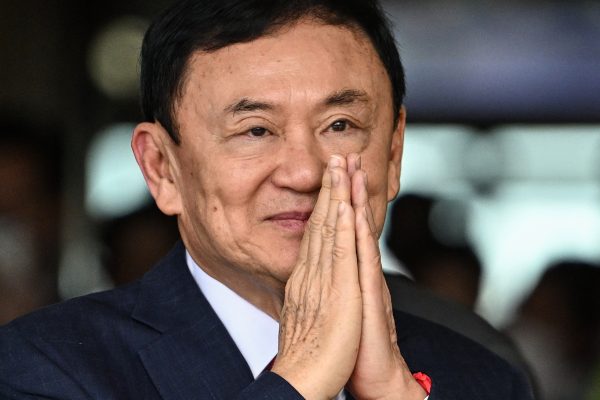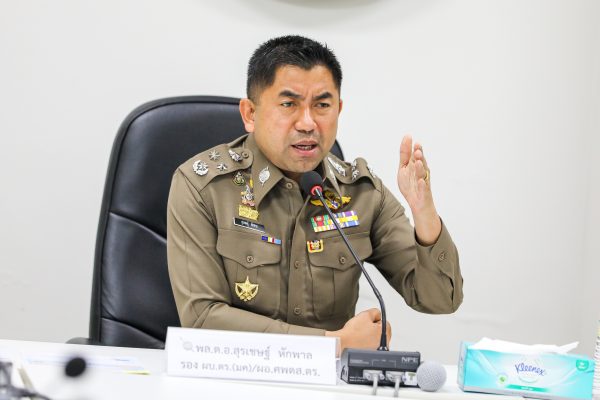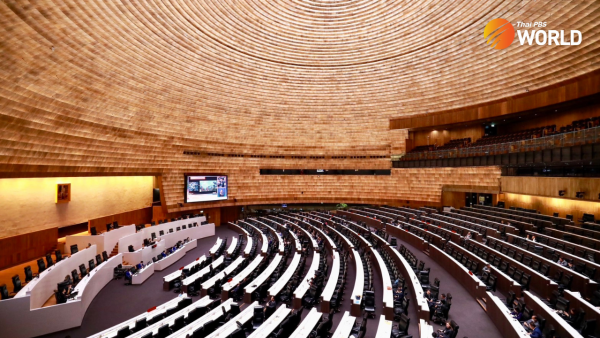How Prayut should take note of Hong Kong crisis

The similarities and differences between the seizures of the Hong Kong and Suvarnabhumi airports by anti-government protesters must have given Prime Minister Prayut Chan-o-cha plenty of food for thought. Political prejudices aside _ there are different shows of sympathy and condemnation when the People’s Alliance for Democracy and Hong Kong’s demonstrators are concerned _ the incidents present valuable lessons for men like him, who are primary targets of formidable political strategies.
Here’s what Prayut should keep in mind, provided he has not done so already:
- In an environment where people disliking the government are concerned about repression, any executive or legislative act that seems to promote such negative perception can have lethal domino effects. A protest against an extradition bill, which should not have worried non-criminals in Hong Kong, is threatening to snowball into a major pro-democracy uprising, which is not rare in Thailand.
- China has strict laws against political dissent and what look like fully-unified armed forces on its side. Prayut, on the other hand, is playing “democracy” politics and has done away with Article 44, which gave him all-encompassing and summary post-coup powers. In other words, whereas China can wield military might to deal with the situation, Prayut will be engaged in a rearguard battle if he faces similar trouble.
- To Prayut, “triggers” are abundant. For example, action against Future Forward leader Thanathorn Juangroongruangkit, or his party, or both, can send their supporters onto the streets. The prime minister can argue that those cases are beyond his control now, as he only has executive and legislative, not judicial, powers, but whatever the truth is, he needs to keep this firmly in mind.
- In dealing with the Hong Kong demonstrators, China does not have to worry about unity among the ruling echelons. Prayut, on the other hand, has to keep one eye on his partners, who can switch side and tip the scale at any minute. Thai protests can greatly increase the chances of coalition rebellion or raise the bargaining powers of every single government partner.
- Remarkably, there are more injuries in the Hong Kong airport seizure than the Suvarnabhumi airport occupation. But, again, Beijing is in a position to absorb this kind of media negativity, while Prayut will not be. Small injuries can serve as a “trigger” and send a problematic situation spiraling out of control.
- Like their Hong Kong counterparts, Thai protesters are capable of prolonged, encamped fights. The yellow shirts proved it, and so did the red shirts and “multi-coloured” shirts. And Thailand’s political history showed that whenever sustained political struggles on the streets happened, it never ended well for the people in power.
- Rulers’ big problems can be made more complicated by foreign governments, watchers, activists and media. China is not receiving sympathy from the foreign media, but, again, being a superpower will get it through that. If Prayut takes a hit, it will stagger him.
To sum it up, Prayut should join the Chinese leaders in having sleepless nights. They are having some tough decisions to make in dealing with a situation that can snowball, but he will have to guard against something that has not happened, but which can deteriorate at a faster rate.






